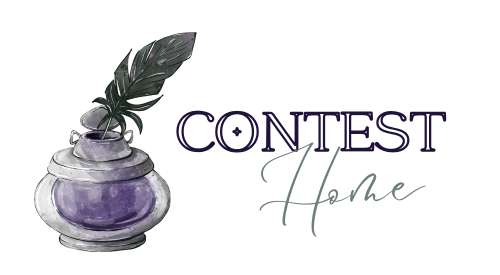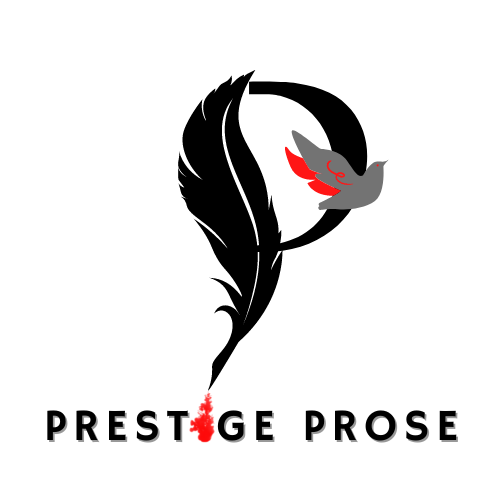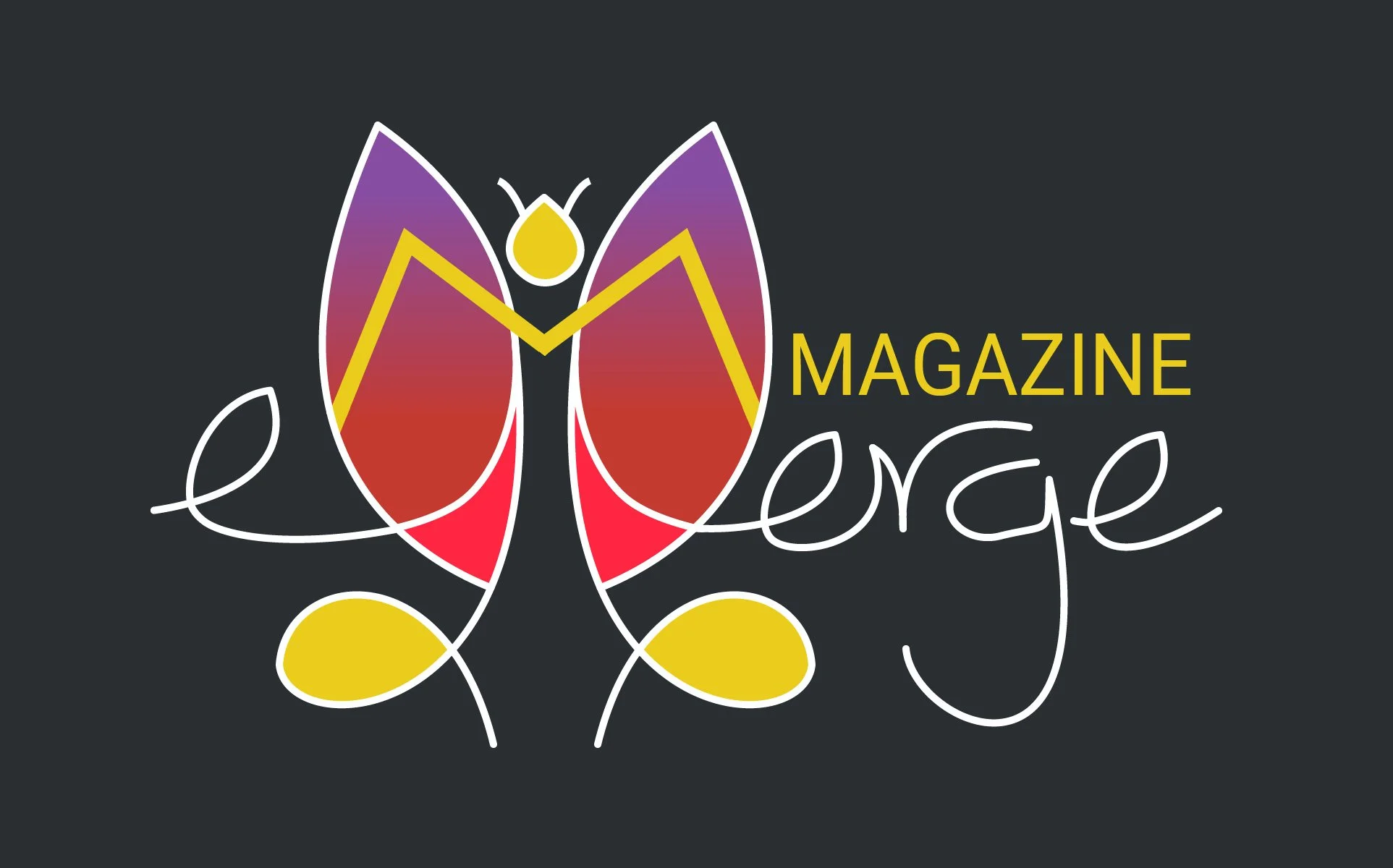Unpublished Categories (1-31)
Published Categories (32-37)
Crème de la Crème
Remember, with just one contest fee, members may enter one submission to each of the categories below! All entries will be submitted in a digital format, must be the original work of the contestant, and cannot be AI-generated.
— Unpublished Categories —
Categories 1-31
NOTE: To meet eligibility requirements, submissions to Categories 1-31 must be unpublished manuscripts at the time of entry. Entries contracted for publication can qualify as long as they are not released for publication prior to February 1, 2026.
CATEGORY 1 – PERSONAL BLOG
Limit: 1,100 words
Personal reflections, comments, opinions, or even journalistic pieces.
Blog entries that have only been posted to the contestant’s personal/author site qualify as unpublished; however, all active links must be removed prior to submission.
CATEGORY 2 – ESSAY
Limit: 2,000 words
Essays are personal opinion pieces using narrative form to convince the reader of a certain point of view or, at least, to better understand the author's point of view. There are formal, fact-driven essays (George Will) and informal, lighter essays (Erma Bombeck).
CATEGORY 3 – MEMOIR/NOSTALGIA
Limit: 3,000 words
Memoir is first-person, narrative non-fiction that focuses on one specific aspect of the writer's life or experience. Nostalgia focuses on down-home occurrences reflecting the past. These pieces evoke a fond remembrance of a time gone by or memories of childhood. Entry cannot contain the author’s name anywhere in the piece.
CATEGORY 4 – PROSE HUMOR
Limit: 2,000 words
Prose humor is exactly that—a piece of writing meant to evoke humor. The humor piece should also meet the criteria of its form: column, short story, article/feature, or essay. Manuscripts submitted in this category should be targeted toward an adult audience.
CATEGORY 5 – SCRIPT: FILM, PLAY, OR TV
Limit: 25 pages (including synopsis)
Scripts can be from any genre and should contain one, two, or three acts. Formatting must follow recommended standards. Submissions should include a complete synopsis and opening scene(s).
CATEGORY 6 – ARTICLE: INSPIRATIONAL
Limit: 3,000 words.
Entries to this category should highlight a personal experience or struggle while providing inspiration or hope to others. This piece can be religious in nature, but religious content is not necessary. It may be a vehicle for presenting the author's opinion about a personally significant topic and may also include a call to action.
CATEGORY 7 – ARTICLE: NON-FICTION FEATURE
Limit: 2,500 words.
Articles such as those found in magazines, newspapers, or online platforms with topics appealing to the medium's target audience. The article should not simply serve as a vehicle for advertising. It is not a vehicle for presenting the author's opinion about a particular topic.
CATEGORY 8 – ARTICLE: TECHNICAL OR HOW-TO
Limit: 3,000 words.
This category is made up of two different genres that both aim to educate readers in different ways. Each style presents a problem, describes why it matters, and then provides the solution—sometimes offering a call to action.
Technical Articles cover a narrow but serious subject in great depth. They rely on more than one expert (often including the author) to provide information that educates and informs a specific target audience. While the article may be scientific, it should also be readable and easy to understand and absorb.
How-To Articles may rely on the expertise of the author alone. These articles not only educate and inform; they also provide specific and detailed steps for the reader to accomplish a stated goal (e.g., how to bake cookies, make a craft, prepare a devotional, or write a novel).
Unpublished Poetry Categories
Poetry is characterized by intense, compressed language. Every word should be carefully chosen. A poem can tell a story, create an image, or evoke an emotion. The line count for poetry should not include epigraphs or line spaces.
CATEGORY 9 – POETRY: RHYMED SHORT
Sixteen (16) lines or less.
Submissions in this category can include any theme, genre, or rhyming form, totaling 16 lines or less, not including epigraphs or line spaces.
CATEGORY 10 – POETRY: RHYMED LONG
Seventeen (17) lines or more.
Submissions in this category can include any theme, genre, or rhyming form, totaling 17 lines or more, not including epigraphs or line spaces.
CATEGORY 11 – POETRY: UNRHYMED SHORT
Sixteen (16) lines or less.
Submissions in this category can include any theme, genre, or form, totaling 16 lines or less, not including epigraphs or line spaces.
CATEGORY 12 – POETRY: UNRHYMED LONG
Seventeen (17) lines or more.
Submissions in this category can include any theme, genre, or form, totaling 17 lines or more, not including epigraphs or line spaces.
Short Story Categories
Short stories are forms of fiction with a beginning, a middle, and an end. They should contain a plot, setting, dialogue, antagonist, and conflict that the protagonist must struggle to resolve.
CATEGORY 13 – SHORT STORY: FLASH FICTION
Limit: 500 words
An extremely short but complete work of fiction of any genre. Due to length limitations, these stories often utilize suggestion and innuendo. Stories submitted in this category should be targeted to an adult audience.
CATEGORY 14 – SHORT STORY: JUVENILE
Limit: 1,000 words
A juvenile short story is a brief piece of fiction of any genre with subject matter aimed at children aged 7-12.
CATEGORY 15 – SHORT STORY: YOUNG ADULT
Limit: 2,000 words
A young adult (YA) short story is a work of fiction of any genre geared toward teen readers, aged 13-18. These stories often deal with real-life struggles teens encounter daily, including homelessness, drugs, sex, abuse, and suicide.
CATEGORY 16 – SHORT STORY: ADULT
Limit: 5,000 words
These stories are usually mainstream fiction intended for mature readers, even if the protagonist is a child. Successful mainstream stories tackle subjects of universal appeal, driven by characters and plots that find acceptance in the "mainstream" of readers.
CATEGORY 17 – SHORT, SHORT, STORY: ADULT
Limit: 2,000 words
This category is for shorter mainstream fiction intended for mature readers, even if the protagonist is a child. Successful mainstream stories tackle subjects of universal appeal, driven by characters and plots that find acceptance in the "mainstream" of readers.
CATEGORY 18 – SHORT STORY: ROMANCE
Limit: 5,000 words
This category is for works of fiction with a theme of love. According to the Romance Writers of America, a romance story must have a central focus on the development of a romantic relationship between two people. These stories are not limited to Happy Ever After endings, but should at least end Happy For Now, or with the hope of a happy future for the couple. All forms of romance are welcome, including historical, contemporary, paranormal, LGBT romance, and erotic romance. Erotic Romance may include graphic sex scenes. Sex scenes including children or rape, are unacceptable in this category!
CATEGORY 19 – SHORT STORY: WESTERN
Limit: 5,000 words
Western fiction is traditionally set in the American Old West frontier, typically during the late eighteenth to the late nineteenth century. However, the popularity of shows like Longmire, The Ranch, and Yellowstone has sparked an emergence of contemporary westerns set in the 21st Century.
CATEGORY 20 – SHORT STORY: HORROR
Limit: 5,000 words
Horror is a genre of "speculative fiction" intended to frighten, scare, shock, or disgust the reader. Horror is often divided into either psychological horror or supernatural horror sub-genres. It often revolves around a single theme or climactic event, developing a single character in depth.
.
CATEGORY 21 – SHORT STORY: SCI-FI/FANTASY
Limit: 5,000 words
This category is made up of two genres of speculative fiction. Each imagines other-worldly themes and plays with the hypothetical.
Science Fiction delves into imagined futures. It frequently portrays space or time travel, extraterrestrial life forms, artificial intelligence, and life on other planets. Futuristic science and technology contribute in a significant way to the adventure.
Fantasy explores magical or supernatural elements central to the plot or setting. Characters may be something other than human and possess magical powers.
Unpublished Book Categories
All unpublished book categories (except Category 22, Picture Books) must include a complete synopsis, the first consecutive chapters, and a prologue (if applicable). The required synopsis should be included in the word/page count limits. The synopsis may be inserted at the beginning or end of the story but must be clearly identified. The story should be double-spaced. Single spacing is fine for the synopsis only.
CATEGORY 22 – Unpublished PICTURE BOOK:
Limit: 1,000 words
Entries are judged on writing only; do not include artwork.
Picture books are large, art-filled books of any genre targeted to children aged 1–8, but also appealing to older kids and adults. Picture books should be entertaining and informative. The text must be minimal, with a clear beginning, middle, and end. Picture books do not necessarily feature a character, but when they do, the protagonist must solve the problem which should be significant. Often a picture book portrays an educational concept such as numbers, letters, the weather, colors, etc. Picture books may also evoke a mood.
CATEGORY 23 – Unpublished MIDDLE-GRADE Book:
Limit: 25 pages (including synopsis)
Books of any genre written for children aged 8–12 featuring a protagonist of the same age as the target audience. The story should show the protagonist’s struggle to resolve an important problem.
CATEGORY 24 – Unpublished YOUNG ADULT Book:
Limit: 25 pages (including synopsis)
Young adult (YA) novels are works of any genre of fiction geared toward teen readers, aged 13-18. The story should show the protagonist’s struggle to resolve an important problem. These stories often deal with the tribulations of growing up and highlight real-life issues that teens encounter daily, including homelessness, drugs, sex, abuse, and suicide.
CATEGORY 25 – Unpublished NON-FiCTION Book:
Limit: 25 pages (including synopsis)
Narrative nonfiction consists of any true subject told in a narrative form. This includes biographies, autobiographies, or family histories following the form and style of various fiction genres. (Think The Perfect Storm and First, Do No Harm.) This form requires a strong viewpoint, vibrant character(s), significant problems, and satisfying resolutions. As with all unpublished entries, the author’s name may not appear anywhere in the manuscript, even as a character.
General nonfiction commonly presents technical, self-help, how-to information, inspirational works, or otherwise fact-based material. Chapters are typically broken up with sidebars, bulleted lists, photos/illustrations, tables, and other value-added materials and may include direct quotes, footnotes, etc. Graphic elements should not be included in the submission. As with all unpublished entries, the author’s name may not appear anywhere in the manuscript, even as a character.
CATEGORY 26– Unpublished HISTORICAL FICTION Book:
Limit: 25 pages (including synopsis)
Historical fiction encompasses novels set in the recent or distant past, such as ancient Greece, the Middle Ages, or World War II. These novels are time capsules of an era and/or culture—the setting serves as a character in itself.
CATEGORY 27 – Unpublished MAINSTREAM Book:
Limit: 25 pages (including synopsis)
A successful mainstream novel tackles subjects of universal appeal, driven by characters and plots that find acceptance in the "mainstream" of readers. This category is large and diverse. Examples include the works of Jodi Picoult, John Grisham, Harlan Coben, etc. This category does not include novels with an identifiable genre such as science fiction, fantasy, mystery, suspense, romance, or historical fiction. Please enter genre fiction in their appropriate categories.
CATEGORY 28– Unpublished MYSTERY/SUSPENSE Book:
Limit: 25 pages (including synopsis)
Mystery novels are all about "whodunit." These books have a strong crime/murder hook and a cast of suspicious and compelling characters. The story encourages readers to compete to solve the puzzle before the author reveals the answer. A winning mystery novel is a tightly woven question from beginning to end.
Suspense novels and related thrillers also require a strong hook that often includes a murder/death involving a strong protagonist and compelling cast. But unlike mysteries, suspense thrillers more often focus on "how-dunit." The antagonist may be an individual, organization (government), or thing (virus) known to readers from the beginning but often hidden from the protagonist. Whether a medical, psychological, technological, legal, or other sub-genre, the winning suspense novel is action-driven from beginning to end.
CATEGORY 29 – Unpublished ROMANCE Book:
Limit: 25 pages (including synopsis)
A romance novel follows strong, vivid characters on their journey of discovery and emotional conflict. No plot point, setting, or event takes precedence over the one central theme: the relationship between the two main characters. These stories are not limited to Happy Ever After endings, but should at least end Happy For Now, or with the hope of a happy future for the couple. All forms of romance are welcome, including historical, contemporary, paranormal, LGBT romance, and erotic romance. Erotic Romance may include graphic sex scenes. Sex scenes including children or rape, are unacceptable in this category!
CATEGORY 30 – Unpublished HORROR Book:
Limit: 25 pages (including synopsis)
Horror novels are a genre of "speculative fiction" intended to frighten, scare, shock, or disgust the reader. Horror is often divided into either psychological horror or supernatural horror sub-genres.
CATEGORY 31 – Unpublished Book: SCI-FI / Fantasy Book:
Limit: 25 pages (including synopsis)
This unpublished book category is made up of two genres of speculative fiction. Each imagines other-worldly themes and plays with the hypothetical.
Science Fiction delves into imagined futures. It frequently portrays space or time travel, extraterrestrial life forms, artificial intelligence, and life on other planets. Futuristic science and technology contribute in a significant way to the adventure.
Fantasy explores magical or supernatural elements central to the plot or setting. Characters may be something other than human and possess magical powers.
— Published Categories —
Categories 32–37
NOTE: To meet eligibility requirements, submissions to Categories 32-37 must have a 2025 first-edition copyright. Only books published between January 1, 2025-December 31, 2025 qualify. Submissions may be full-length novels or novellas of any genre, without page or word count limitations. Both self-published and traditionally published submissions are welcome. There will only be one winner per category. Winners of the published categories will receive personalized trophies, but no cash prizes will be awarded.
CATEGORY 32 – PUBLISHED BOOK: NON-FICTION
Published nonfiction book.
CATEGORY 33 – PUBLISHED BOOK: JUVENILE
Published book of fiction or nonfiction, targeted to readers aged 1–12.
CATEGORY 34 – PUBLISHED BOOK: YOUNG ADULT
Published book of fiction or nonfiction, aimed at readers aged 13–18.
CATEGORY 35 – Published Book: ADULT
Published fiction book, geared toward readers aged 18 and older
CATEGORY 36—PUBLISHED BOOK: POETRY
Published fiction or nonfiction book of poetry.
CATEGORY 37—PUBLISHED BOOK: ANTHOLOGY
Published anthology.
— Crème de la Crème —
The illustrious Crème de la Crème award is bestowed on the unpublished submission deemed best of contest. A panel of judges will choose an overall winner from the 31 first-place winners of the unpublished categories. The Crème de la Crème winner will receive a personalized trophy and an additional cash award.






